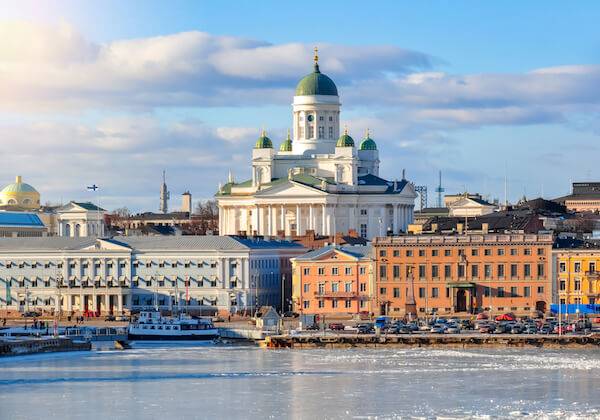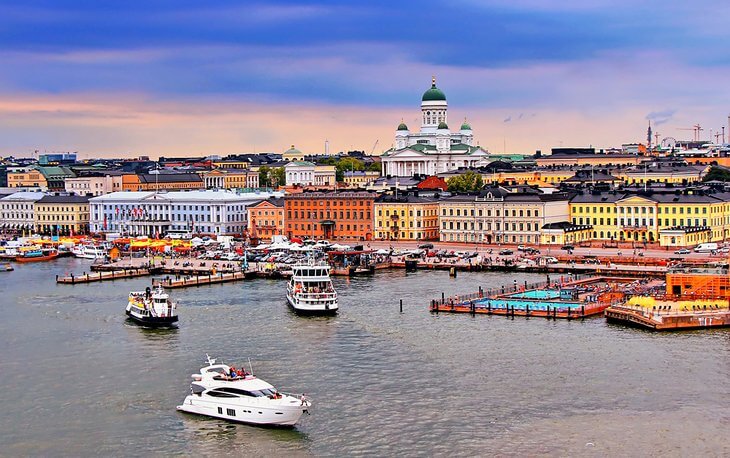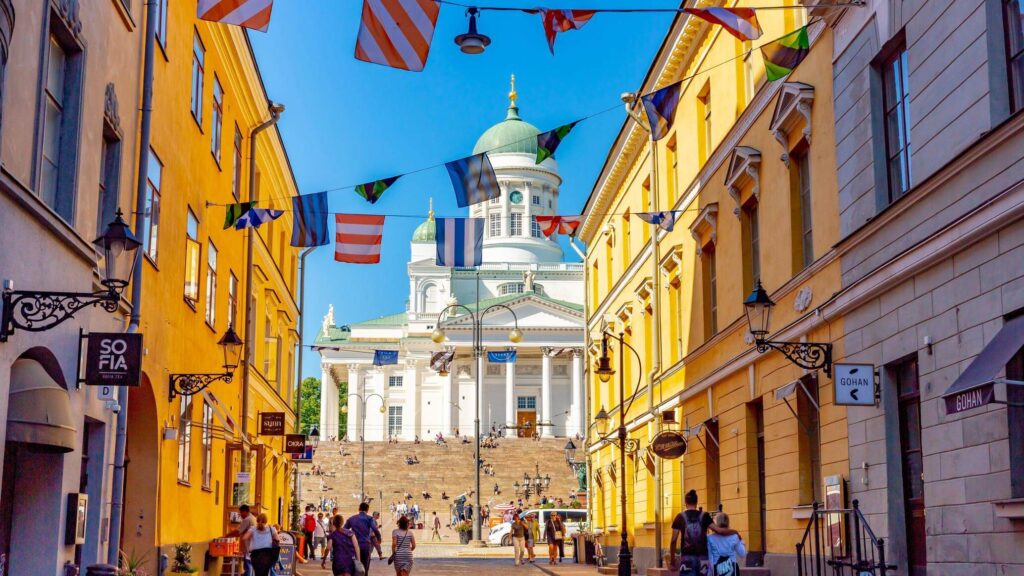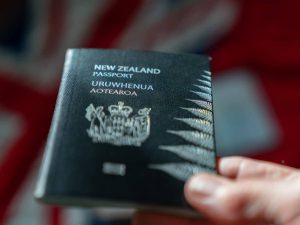In a noteworthy development, Finland has bolstered its financial requisites for travelers who seek to access its shores, mandating a daily allocation of €50 per day during their sojourn. The Ministry of Foreign Affairs of Finland underscores that these intensified visa requirements, coupled with obligations pertaining to the support of the Schengen visa zone concerning maintenance and accommodation, took effect from January of this year.
Related article: Breaking news! EU reveals mandatory travel pass for entry into Europe
Related article: The wonder bank fueling economic growth and empowering communities
As per the official statement from the Finnish Foreign Ministry, the modified guidelines stipulate that, for short-term visits not exceeding 90 days (about 3 months), travelers must now exhibit financial resources amounting to €50 per day spent in Finland, a discernible increase from the previous €30 benchmark.

This financial stipulation reflects the burgeoning cost of living within the Finnish landscape, providing context to the revised mandate. Commencing January 1, the nation has also invoked Article 14.4 of the Visa Code of the European Union, ushering in obligations regarding maintenance and accommodation.
This proactive step taken by the European Union is seen as a way of enabling Finland to impose obligations in a multifaceted approach targeted at safeguarding the nation’s economic interests and enhances the integrity of the Schengen visa zone.
An extra requirement was also added to the visa application process which saw the introduction of a proof of sponsorship, allowing considerations for financial backing from a Finnish citizen or a resident of Finland with a valid residence permit.
The Ministry of Foreign Affairs elucidates that a completed proof of sponsorship form, affirming the commitment to finance the applicant’s travel, must accompany the visa application.

The proof of sponsorship mechanism adds a layer of transparency to the visa application process, allowing for a nuanced consideration of financial support. A Finnish citizen or resident, willing to undertake the monetary responsibility for the visa applicant, now has a formal channel to express this commitment through the completion of the proof of sponsorship form.
This strategic move aligns with Finland’s commitment to maintaining both fiscal prudence and regulatory efficacy in the face of evolving global dynamics. The augmented financial requirements for short-term stays underscore the government’s conscientious approach to addressing the economic nuances that influence travelers’ experiences within the Finnish milieu.
Revision Of Refugee Requirement For Ukrainians
In parallel developments, a significant policy update regarding residence permits for Ukrainian refugees was enacted in January of the preceding year. The Finnish Immigration Service declared the automatic extension of all residence permits granted to Ukrainians for temporary protection until March 4, 2024.
Notably, these permits, issued for temporary protection, also confer the right to work and validate the legal residence status of Ukrainians in Finland, as per the authority’s announcement during the same period.
The extension of residence permits until the end of the first quarter of 2024, stands as a testament to Finland’s humanitarian stance and commitment to providing stability for those affected by regional upheavals.
This extension not only ensures the continued legal immigration status of Ukrainians while in the country, but also empowers them with the required eligibility to be gainfully employed, in such a way that they are able to provide for their families, aligning with Finland’s ethos of inclusivity and support for those seeking refuge.
In conclusion, these comprehensive measures, underscored by the recent announcement by Prime Minister Petteri Orpo, underscore Finland’s proactive stance in fortifying its security infrastructure. As these policies take root, Finland solidifies its position as a nation committed to balancing prudence with compassion, navigating the complex intersection of security, economics, and humanitarian concerns.












2 Responses